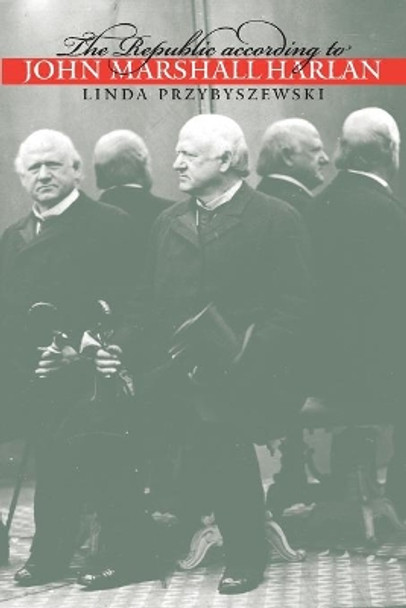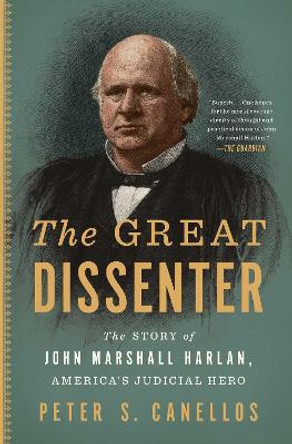Supreme Court Justice John Marshall Harlan (1833-1911) is best known for condemning racial segregation in his dissent from Plessy v. Ferguson in 1896, when he declared, ""Our Constitution is color-blind."" But in other judicial decisions--as well as in some areas of his life--Harlan's actions directly contradicted the essence of his famous statement. Similarly, Harlan was called the people's judge for favoring income tax and antitrust laws, yet he also upheld doctrines that benefited large corporations. Examining these and other puzzles in Harlan's judicial career, Linda Przybyszewski draws on a rich array of previously neglected sources--including the verbatim transcripts of his 1897-98 lectures on constitutional law, his wife's 1915 memoirs, and a compilation of opinions, drawn up by Harlan himself, that he wanted republished. Her thoughtful examination demonstrates how Harlan inherited the traditions of paternalism, nationalism, and religious faith; how he reshaped these traditions in light of his experiences as a lawyer, political candidate, and judge; and how he justified the vision of the law he wrote. An innovative combination of personal and judicial biography, this book makes an insightful contribution to American constitutional and intellectual history. |Combining judicial and personal biography, this book illuminates the legal thinking and vision of Supreme Court Justice John Marshall Harlan, who served from 1877-1911.
About the AuthorLinda Przybyszewski is Associate Professor of History at the University of Notre Dame.
Book InformationISBN 9780807847893
Author Linda PrzybyszewskiFormat Paperback
Page Count 304
Imprint The University of North Carolina PressPublisher The University of North Carolina Press
Weight(grams) 333g






